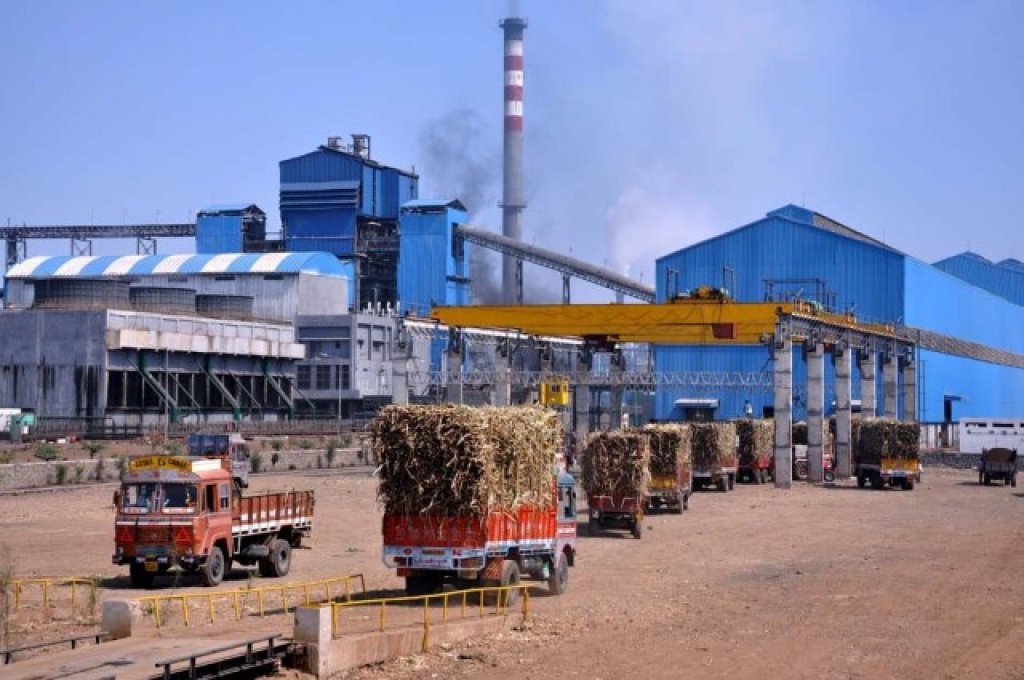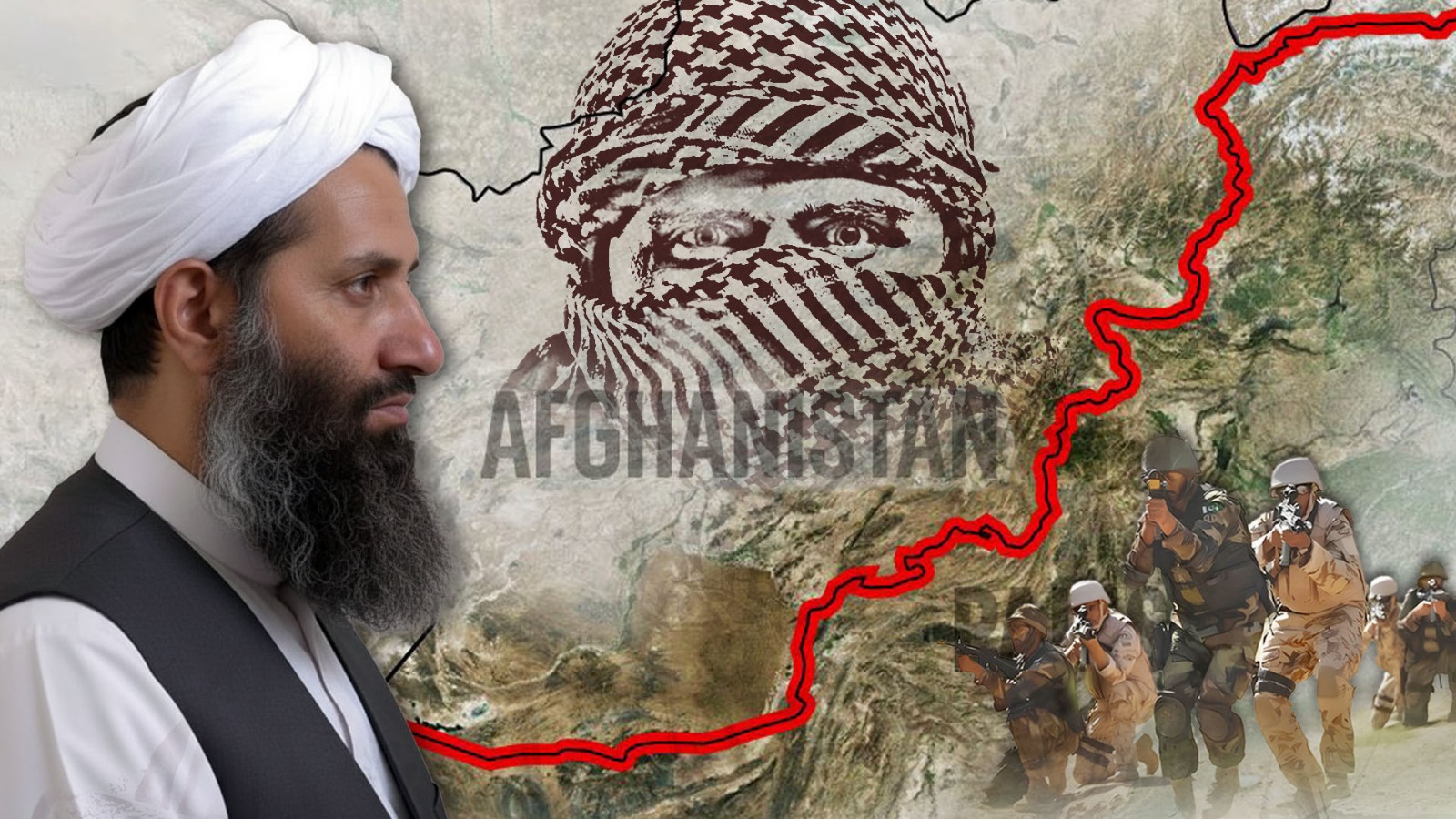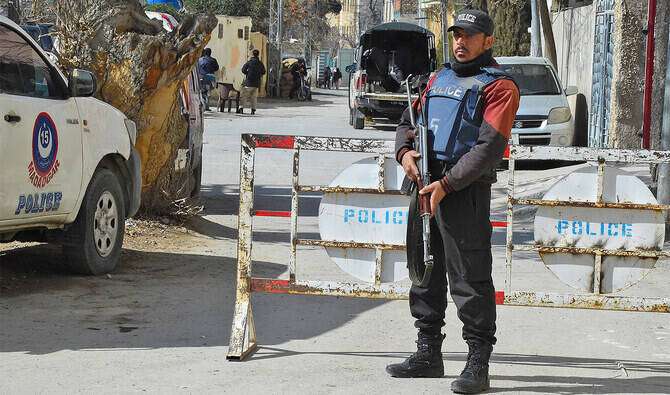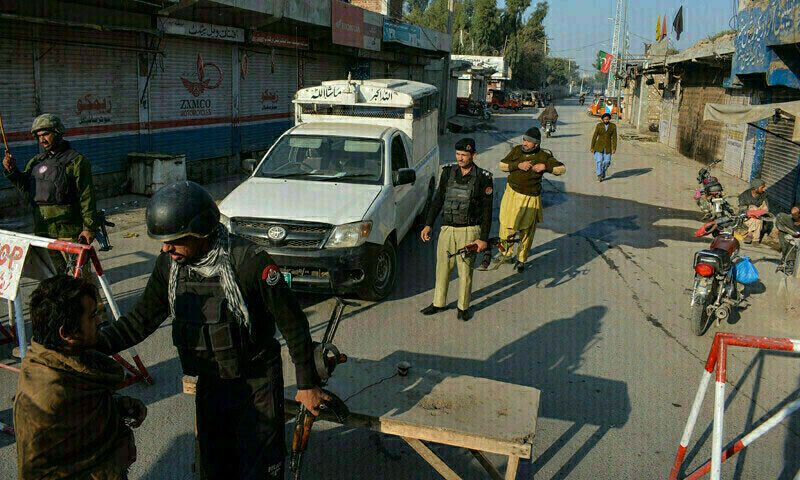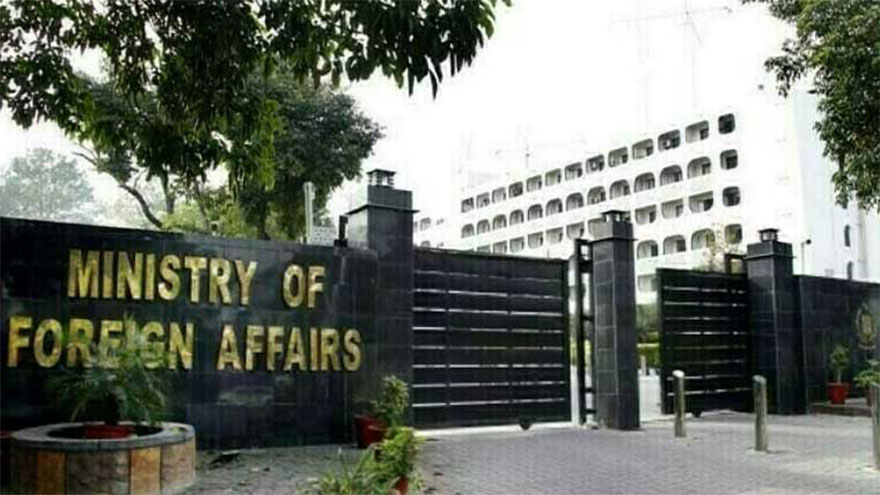President Donald Trump is keeping global observers on edge as he deliberately withholds whether the United States will participate in Israel’s air campaign against Iranian nuclear and missile sites.
Speaking outside the White House, he emphasized ambiguity, “I may do it. I may not do it., At the same time he “hinted” at the possibility that Iran might still engage in diplomacy by traveling to Washington.
Although no direct action was taken by the US, as the conflict entered its 7th day, the US military bolstered regional security by deploying additional aircrafts. The US defence official said they are prepared to fully follow through should Trump order strikes.
Iran’s Supreme Leader, Ayatollah Ali Khamenei, issued a stern warning on June 18, stating that any U.S. military strike would bring about “serious irreparable consequences”. In Tehran, civilians are fleeing after Israel intensified airstrikes on military and nuclear targets, and Iran responded with missile attacks—some of which penetrated Israeli air defences and claimed civilian lives
Meanwhile, European foreign ministers from Germany, France, and Britain are scheduled to meet Iran’s delegation in Geneva. Their goal is to secure binding assurances that Iran’s nuclear program will remain strictly for peaceful purposes a show of diplomatic engagement even amid rising conflict.
People in Tehran, home to around 10 million, are fleeing the city after a heavy wave of Israeli airstrikes focused on military and nuclear targets. Highways were clogged as civilians rushed to safety.
President Trump has reportedly given the go-ahead for U.S. strike plans against Iran, but he’s paused giving the green light hoping Tehran might ease up on its nuclear ambitions. He didn’t rule out anything, warning that Iran’s government could even collapse. Trump also pointed out that only the U.S. has the ability to neutralize the underground Fordow nuclear facility though he stressed he’s not necessarily moving forward with it.
Military experts say that if Israel does hit Fordow, it might need U.S. support, given the site is buried under a mountain near Qom.
Iran’s Supreme Leader responded forcefully, warning that any American military intervention would cause “irreparable” damage and stressing that the Iranian people would not capitulate.
In retaliation, Iran has launched around 400 missiles and drones toward Israeli targets. While most were shot down, some penetrated defences, causing civilian casualties. Israel, meanwhile, struck back with dozens of jets hitting Iranian facilities including police headquarters and missile sites.
Tehran’s Exodus: Civilians Flee Amid Escalating Airstrikes
As Israeli airstrikes intensified across Tehran, residents many with families—began a mass exodus, clogging highways as they fled to nearby towns like Lavasan. Arezou, a 31‑year‑old resident, shared how her friend’s home was hit and her brother injured, expressing frustration: “Why are we paying the price for the regime’s decisions?”
In Israel, the looming danger was felt too, sirens blared at dusk when new Iranian missiles were incoming. One driver was hurt by falling debris, prompting authorities to temporarily relax shelter-in-place orders. At a train station in Ramat Gan, travellers including parents with infants were spotted resting on makeshift mattresses, visibly shaken by the threat.
Tamar Weiss, clutching her four-month-old, described living in fear. She highlighted how the city’s old, shelter-less buildings make them easy targets and leave families feeling vulnerable.
Iran reported at least 224 deaths mostly civilians from recent Israeli strikes, though the figure hasn’t been updated. Israeli officials say about 400 missiles and drones have been fired by Iran since the weekend, with around 40 breaching defences and killing 24 civilians in Israel.
Iran’s Leverage: Threatening Global Oil Flow Amid Tensions
Iran is exploring its strategic options including subtle warnings that it could disrupt the global oil market by limiting ship access through the Strait of Hormuz, a crucial artery for energy trade.
At home, the government is taking steps to stabilize public sentiment. Authorities have restricted sharing of images and videos from recent strikes and temporarily limited internet access, citing concerns that adversaries might incite fear or unrest.
Meanwhile, Iran’s usual method of striking back through proxy groups like Hezbollah or Houthi militias has been weakened. These groups have been significantly hampered by previous Israeli operations, limiting Tehran’s ability to strike Israel indirectly.


